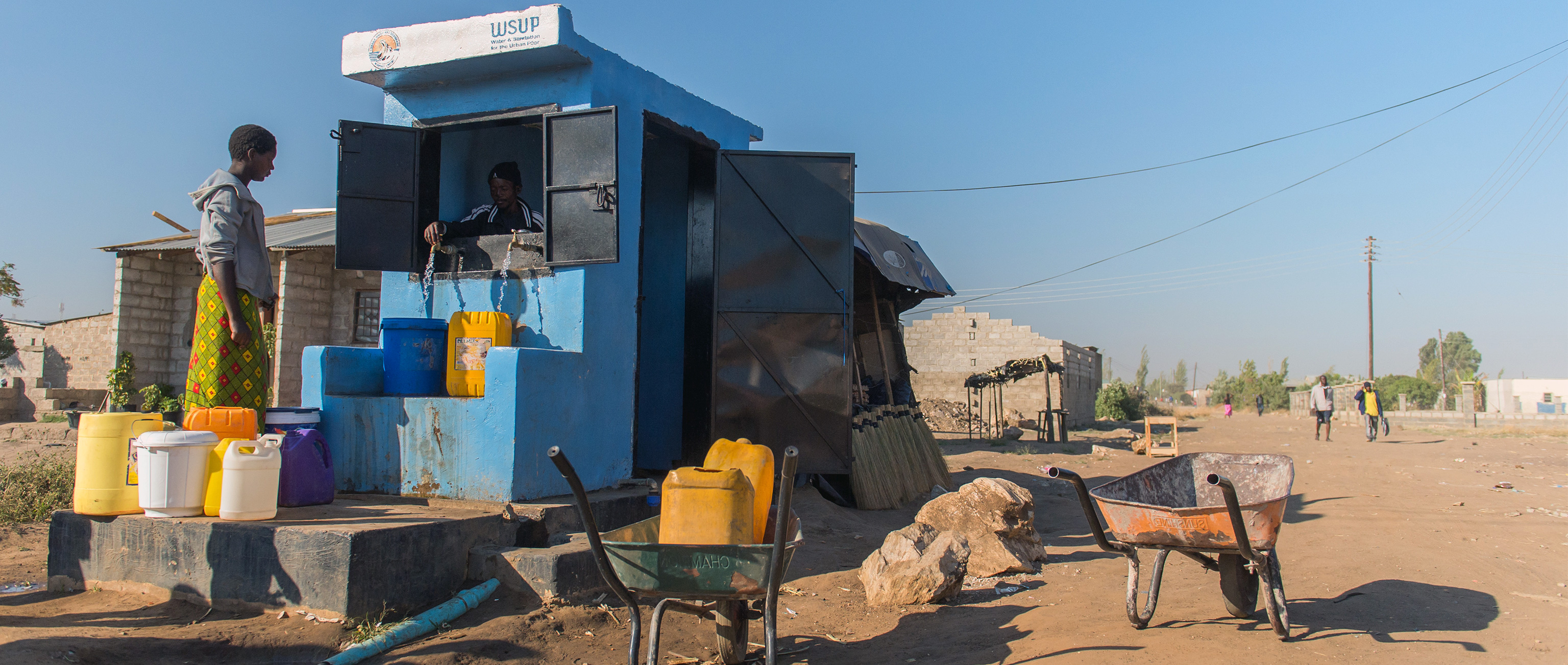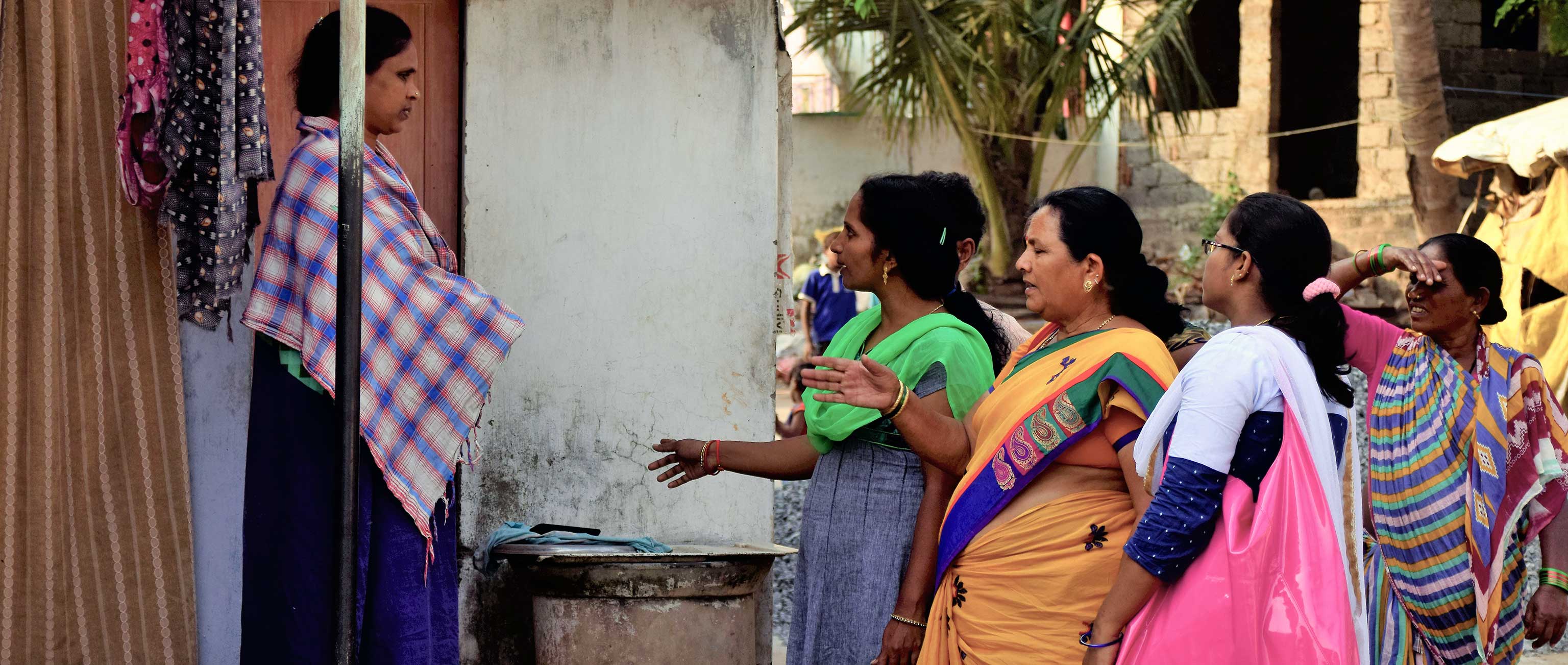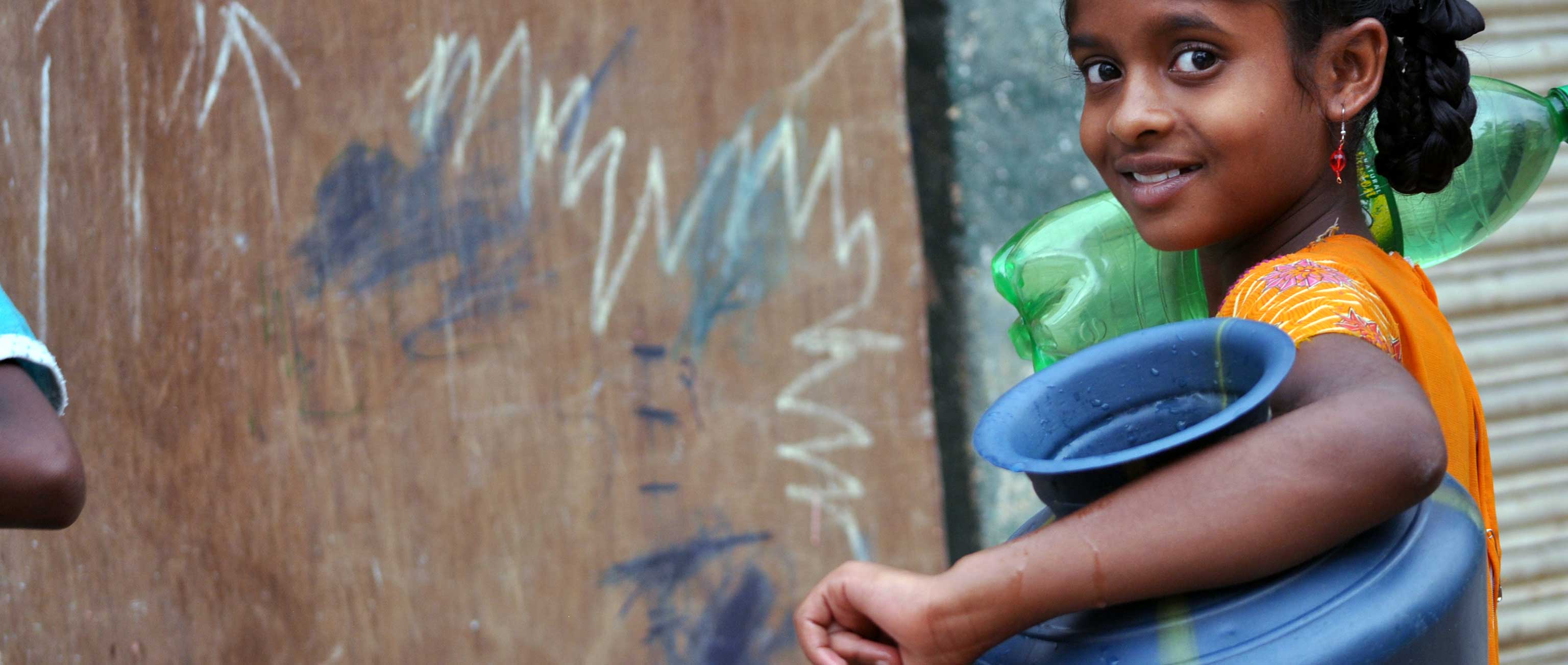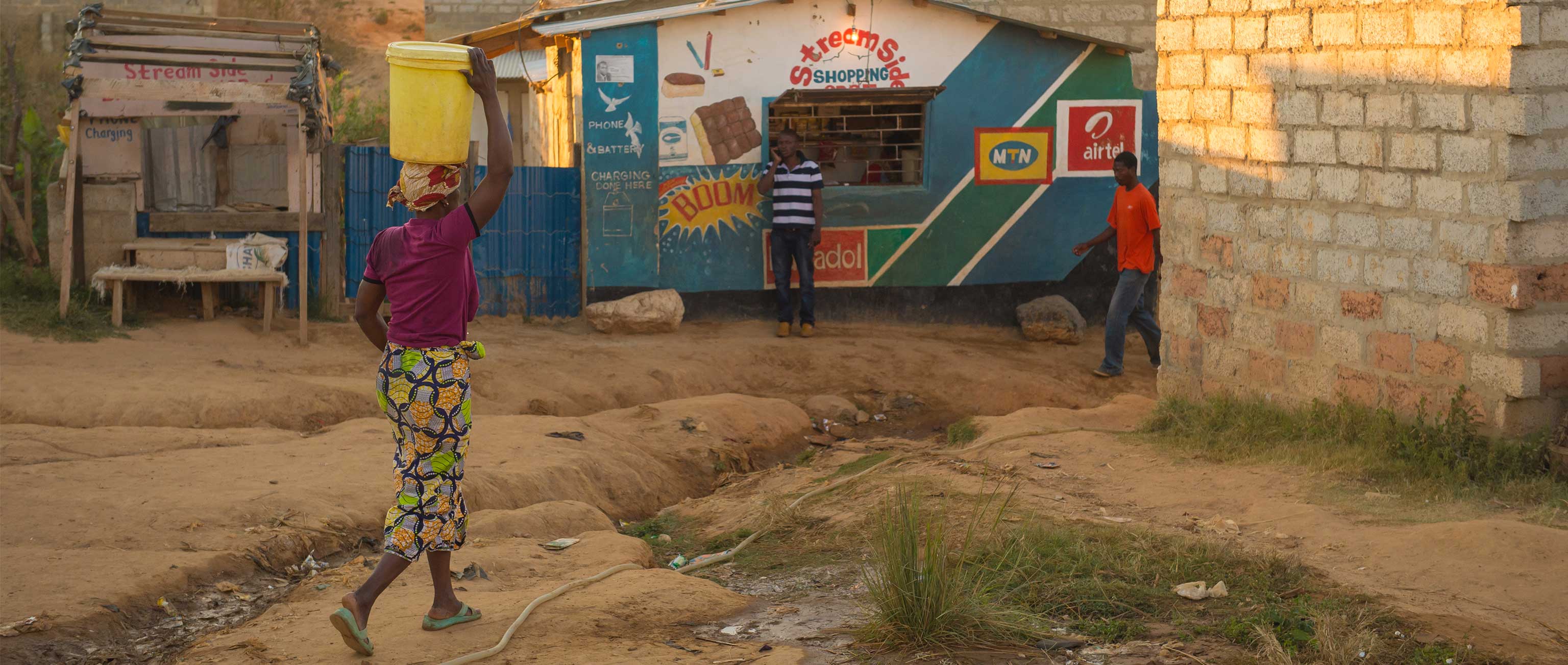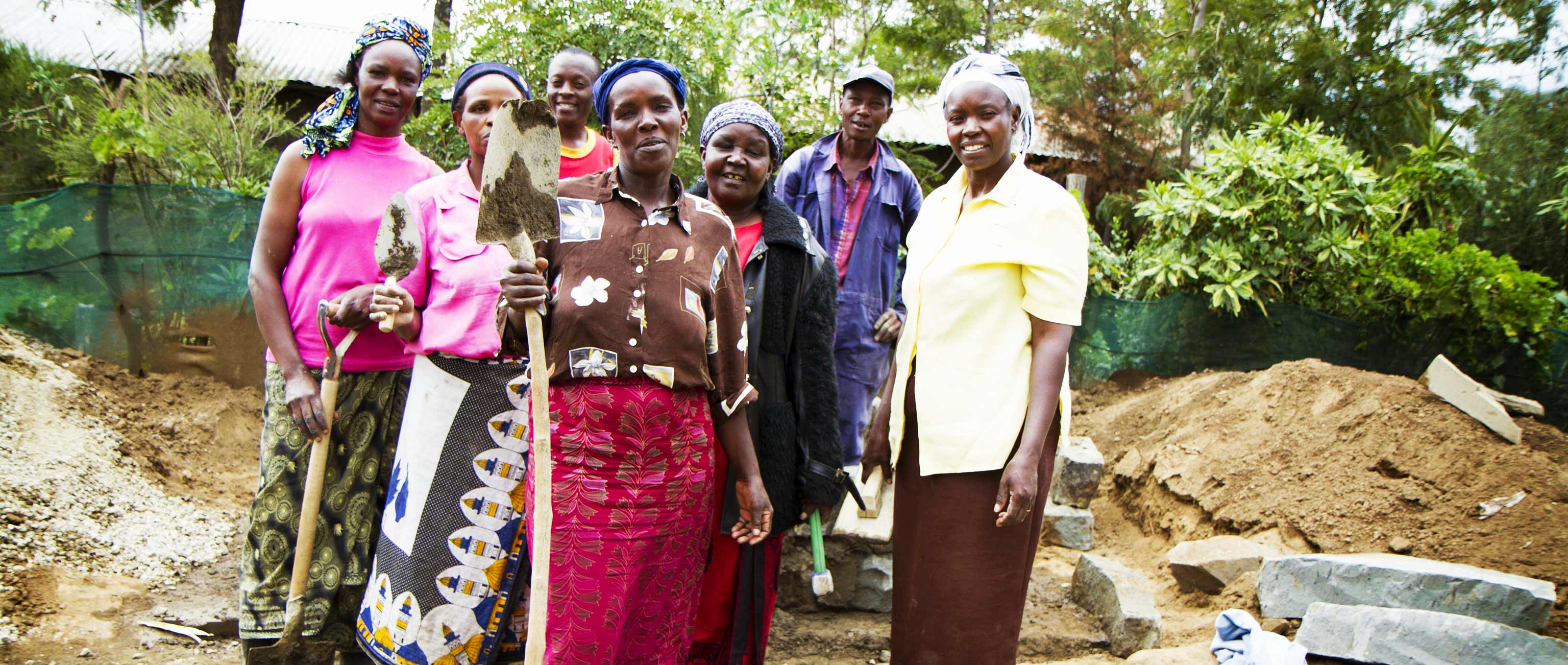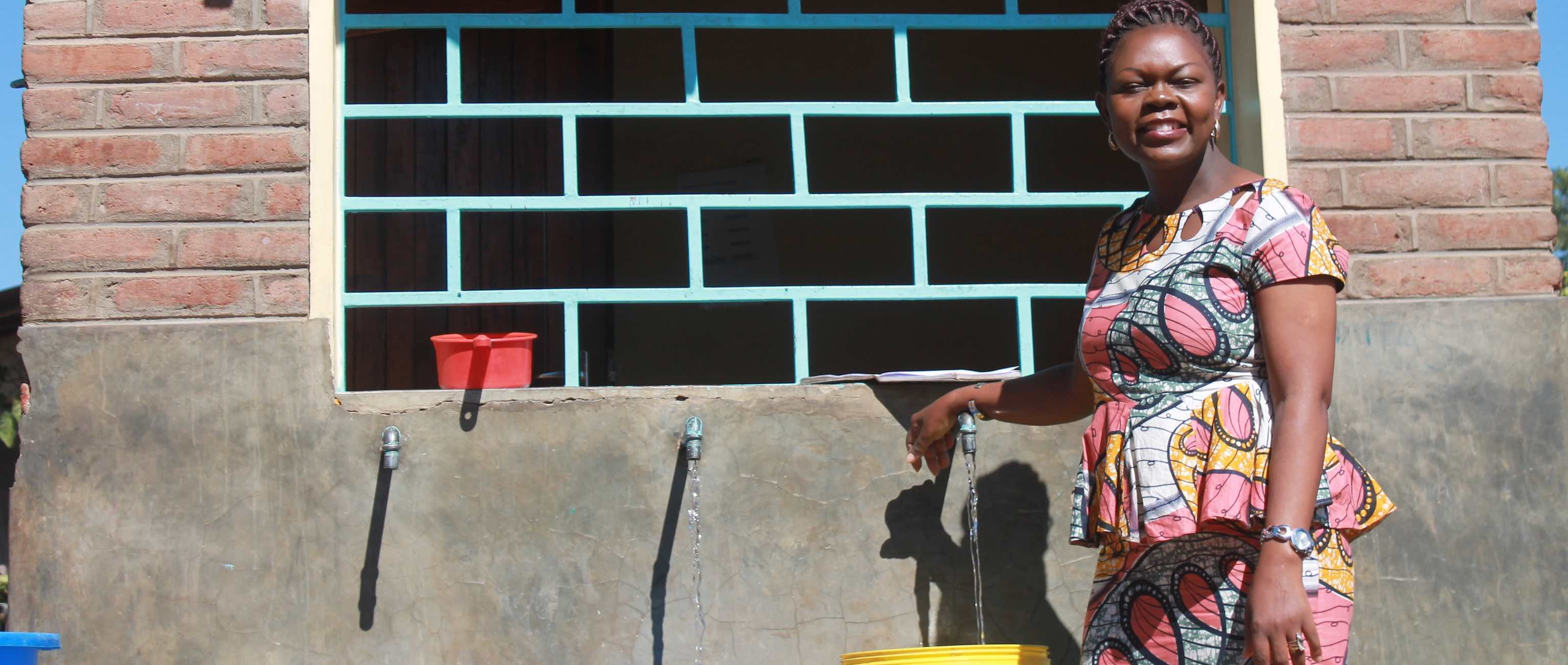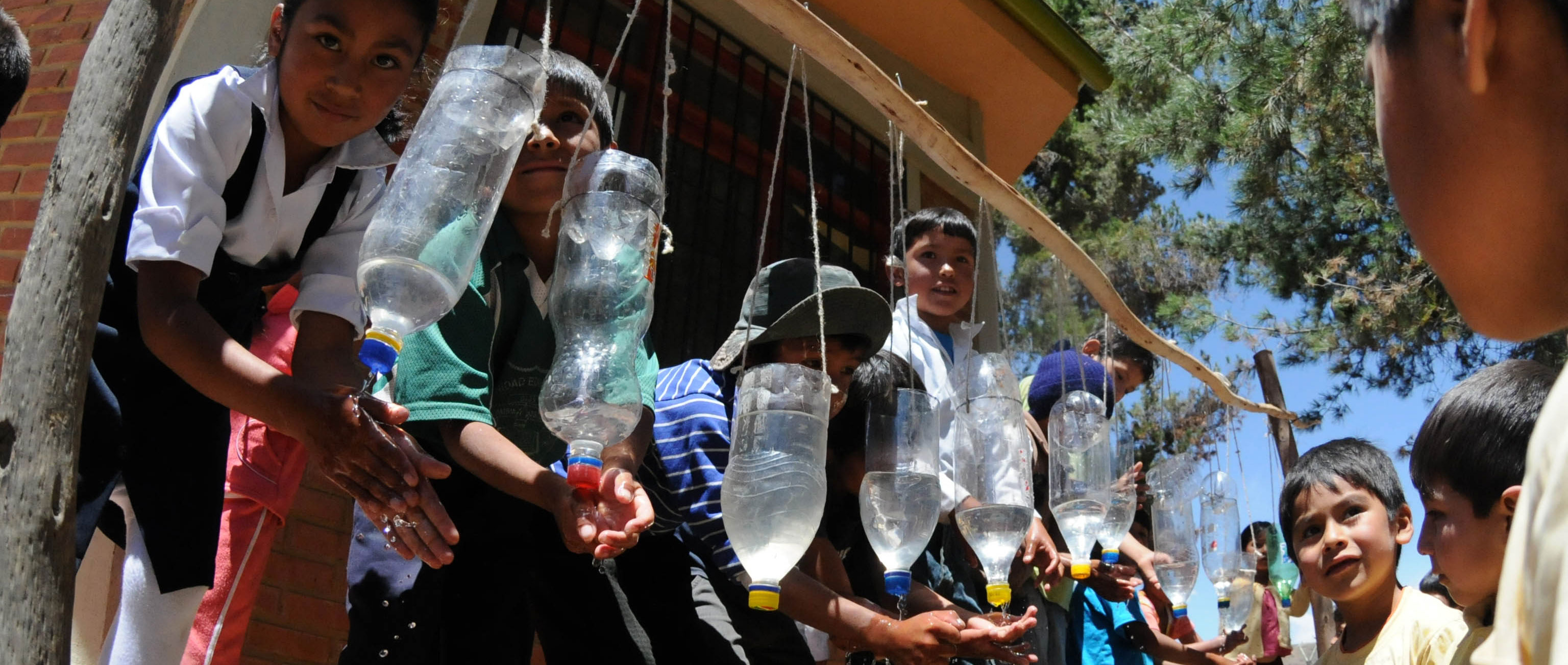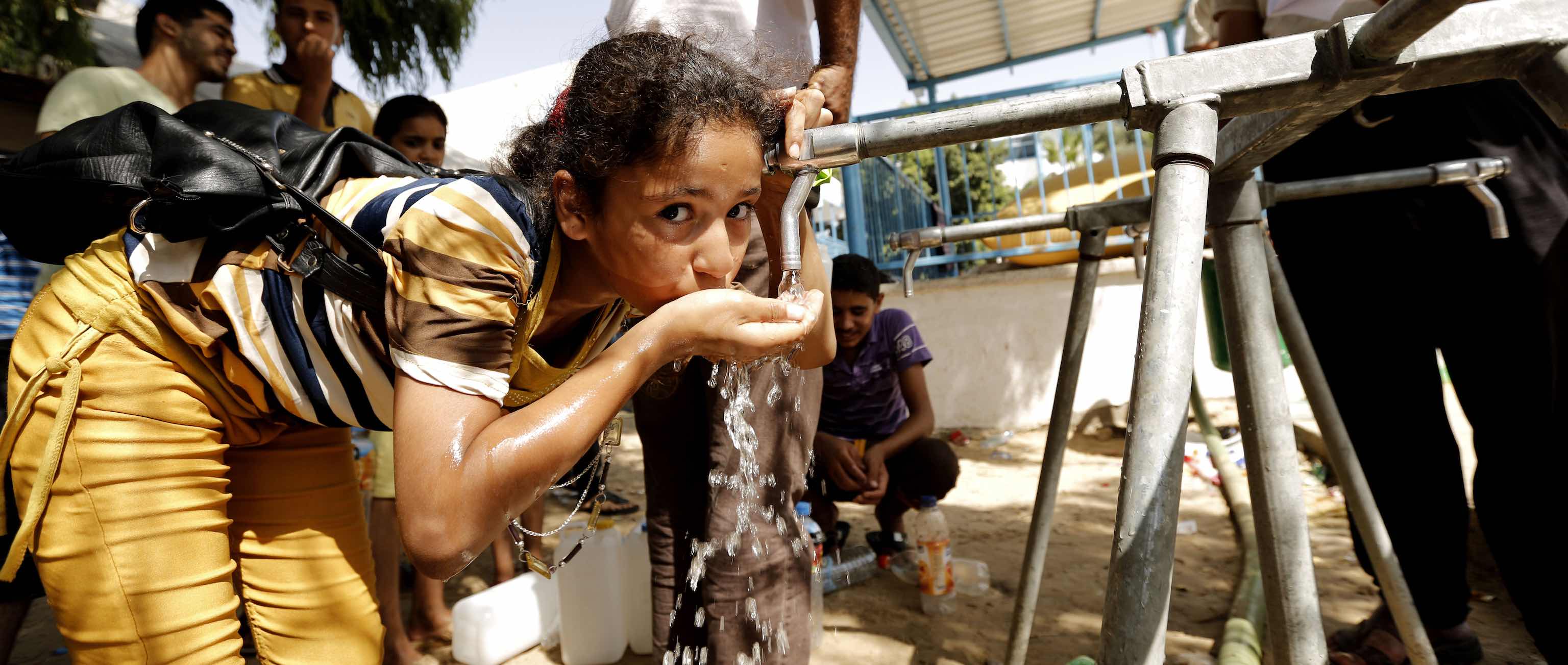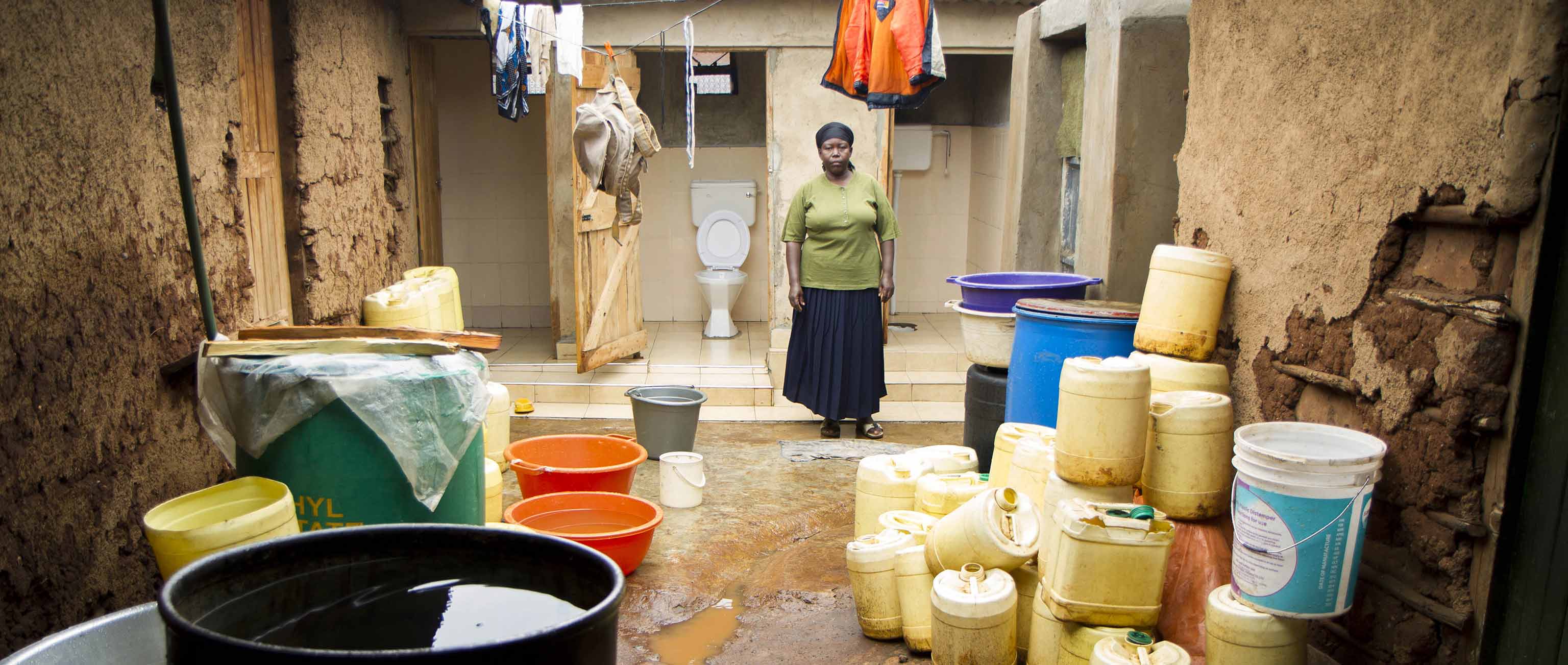Sanitation refers to the provision of facilities and services for the safe disposal of human urine and feces. Progress in improving sanitation has lagged behind clean water due to a number of complicating factors, including an unrealized demand for sanitation services, the challenge of behavior change, and the complex value chain of sanitation systems.
Universal, equitable access to sanitation services, from toilets to waste management services. Governments, utilities, and service providers see the value in extending robust sanitation services to low-income communities. The poor understand the benefits of sanitation and fully utilize available infrastructure, eliminating open defecation and promoting strong hygiene and environmental standards.

